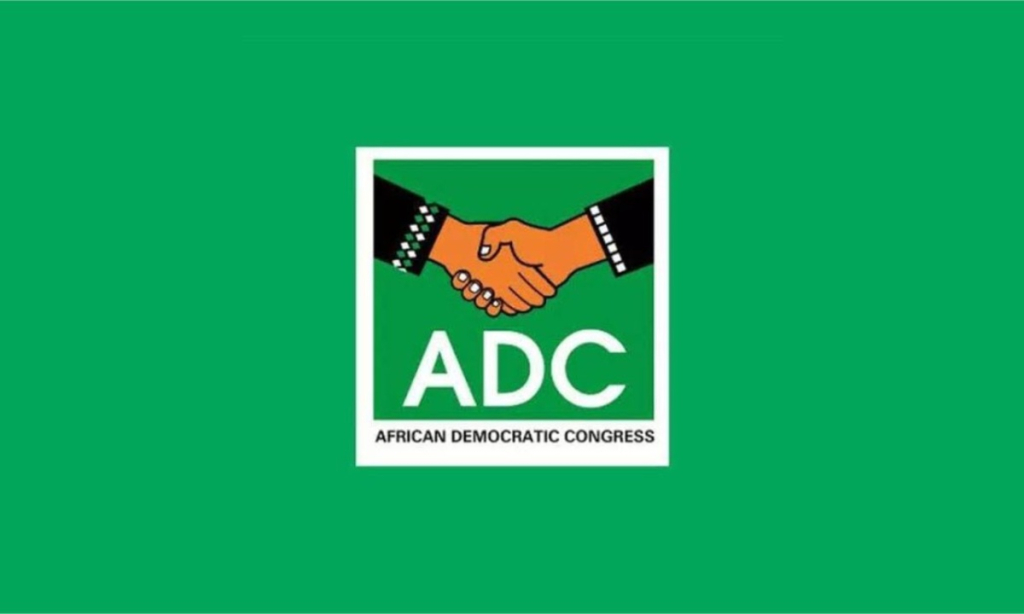The African Democratic Congress has dismissed claims of Christian genocide in Nigeria, stating that there is no evidence to support such allegations. This assertion was made by the party’s National Publicity Secretary, Bolaji Abdullahi, during an appearance on Channels Television’s program, Politics Today. Abdullahi’s remarks come in response to the recent designation by United States President Donald Trump, who labeled Nigeria as a “Country of Particular Concern” due to alleged Christian genocide.
President Trump also claimed to have instructed the US Defence Department to prepare for potential military action in Nigeria if the government fails to address the killing of Christians. However, Abdullahi countered this claim, stating that while people are being killed in Nigeria, there is no evidence to suggest that these killings constitute genocide. He emphasized that the focus should be on addressing the violence rather than how it is perceived by external parties.
The ADC spokesman’s comments highlight the need for accurate information and context in understanding the complex situation in Nigeria. The country has indeed experienced a surge in violence, with various groups and communities affected. Nevertheless, characterizing these incidents as genocide requires careful consideration and evidence-based assessment.
The US designation and potential military intervention have significant implications for Nigeria and the region. The Nigerian government has faced criticism for its handling of the violence, and the international community is watching the situation closely. As the situation continues to unfold, it is essential to rely on verifiable information and nuanced analysis to inform discussions and decision-making.
The ADC’s statement underscores the importance of distinguishing between the reality on the ground and external perceptions. While the killing of innocent people is a grave concern, it is crucial to address the root causes of the violence and work towards sustainable solutions. The international community can play a constructive role in supporting Nigeria’s efforts to promote peace and stability, but this requires a deep understanding of the complex issues at play.
